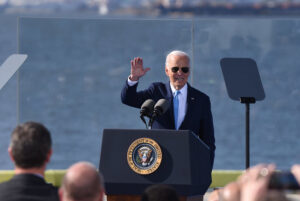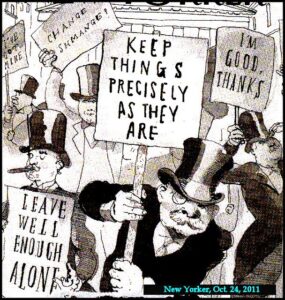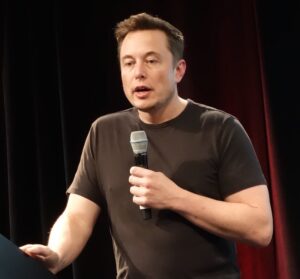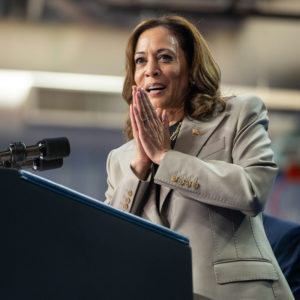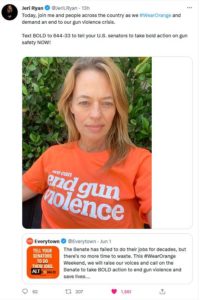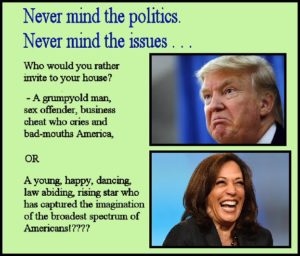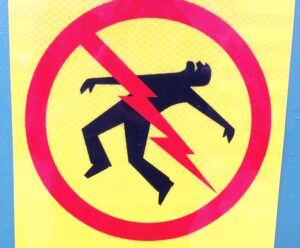
How not to feel
During Donald Trump‘s last White House term, many people woke up each day to some new outrage (e.g., the “family separation policy” that threw kids in cages), and lived in a state of perpetual shock. This time around, not surprisingly, Trump began his first few days in the White House with a number of orders and actions that are similarly hurtful to America. These include, for example:
–Illegally redefining the Constitution’s definition of birthright citizenship to try to declare many natural-born Americans non-citizens;
—Ordering thousands of military troops to the Southern border;
—Falsely classifying many career U.S. government employees as “political” hires, making them easier to fire, and possibly replace with Republican party apparatchiks;
–Withdrawing the United States from the World Health Organization and the Paris Climate Agreement;
–Eliminating Diversity, Equity and Inclusion (DEI) programs and positions in the federal government;
–Granting pardons and commutations to hundreds of people convicted or prosecuted in the January 6, 2021 insurrection at the U.S. Capitol; and much more.
We know there will be many more such hurtful actions and attempts over the next four years. But we can also decide not to live in a state of shock and awe this time around. One man in the White House, for example, should not change the way we love our friends and family. Nor should it change our vision of what we want for ourselves, our loved ones, and our country.
We can also continue to work toward our goals over the next four years. We can regroup and get ourselves on a more positive, effective political path going forward. That might include, for example, less time focusing on Trump, even when it is to criticize and mock him, since that was not successful in the 2024 elections, and more time concentrating on what we want, and how to get there. And perhaps most importantly, we can regularly pull the plug on increasingly biased “news” reports about what is happening in the White House. Let’s make the next four years about us, not him.
Photo by Alan Levine, used under Creative Commons license. https://is.gd/zWVcp0

